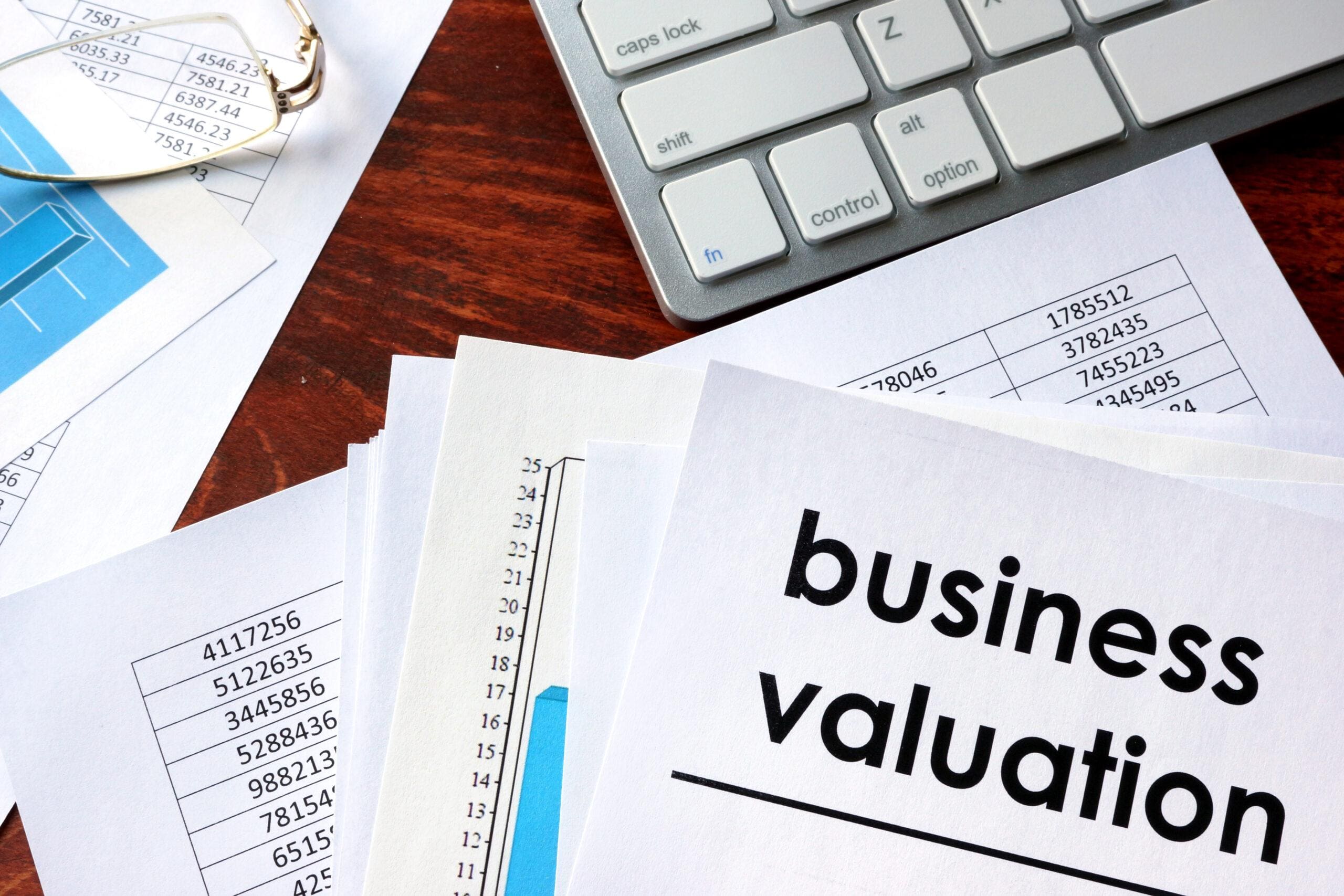
Image Source: Google
Understanding the value of a business is crucial for both startups and well-established corporations. Whether you are looking to attract investors, negotiate a merger or acquisition, or simply assess the health of your business, knowing how to navigate the world of business valuation is essential. In this article, we will explore the key aspects of business valuation in Canada, from the methods used to the factors that influence value, and provide insights into how startups and corporations can effectively determine the worth of their businesses.
The Importance of Business Valuation
Business valuation is the process of determining the economic value of a business or company. It is a critical aspect of business management and is used for a variety of purposes, including:
Key Purposes of Business Valuation
- Attracting investors: Investors want to know the value of a business before committing their funds.
- Mergers and acquisitions: Valuing businesses is essential in negotiations for mergers and acquisitions.
- Financial reporting: Valuation is required for financial reporting purposes, such as determining the value of assets or liabilities.
- Succession planning: Business owners may need a valuation to plan for the transfer of ownership.
Methods of Business Valuation
There are several methods used to determine the value of a business, each with its own strengths and weaknesses. Some of the most common methods include:
Common Valuation Methods
- Asset-based approach: This method calculates the value of a business based on its assets and liabilities.
- Income approach: This method looks at the future income or cash flow of a business to determine its present value.
- Market approach: This method compares the business to similar businesses that have been sold recently to determine its value.
Factors Influencing Business Value
Several factors can influence the value of a business, regardless of its size or industry. Understanding these factors is crucial for accurately assessing the worth of a business. Some key factors include:
Key Factors Affecting Business Value
- Revenue and profit margins: Higher revenue and profit margins generally lead to a higher valuation.
- Market trends: The state of the market and industry trends can impact the value of a business.
- Competition: The level of competition in the industry can affect a business's value.
- Intellectual property: Patents, trademarks, and other intellectual property can add significant value to a business.
- Management team: The quality and experience of the management team can influence the valuation of a business.
Business Valuation for Startups
For startups, business valuation can be particularly challenging due to the lack of historical financial data and market presence. However, there are specific methods and strategies that startups can use to determine their value:
Valuation Strategies for Startups
- Market analysis: Conduct a thorough analysis of the market to understand your position and potential value.
- Discounted cash flow: Use projected cash flows and discount rates to estimate the present value of your business.
- Comparable transactions: Look at similar startups that have been recently acquired to get an idea of your potential value.
Business Valuation for Corporations
Corporations, on the other hand, typically have more data and resources available for valuation purposes. However, the complexity of large corporations can present its own challenges. Some key considerations for valuing corporations include:
Valuation Considerations for Corporations
- Financial statements: Analyze financial statements, such as balance sheets and income statements, to assess the financial health of the corporation.
- Industry analysis: Understand the industry dynamics and how they may impact the valuation of the corporation.
- Intangible assets: Consider the value of intangible assets, such as brand recognition and intellectual property, in the valuation process.
Conclusion
Business valuation is a complex process that requires a thorough understanding of the methods, factors, and strategies involved. Whether you are a startup looking to attract investors or a corporation planning for mergers and acquisitions, navigating the world of business valuation is essential for making informed business decisions. By leveraging the right methods and considering the key factors that influence value, businesses can accurately determine their worth and position themselves for success in the competitive business landscape.